Advertisement
An expert helps you overcome noise sensitivity
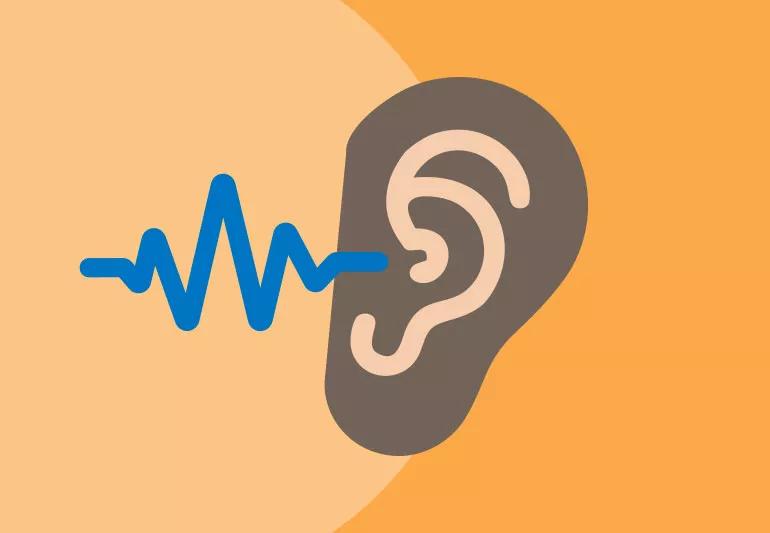
Do you hate the sound of chewing so much it gives you dry heaves? Or does the sound of a knuckle cracking make you want to scream? If your reactions to noise strike others as extreme, you may have sensitivity to sound.
Advertisement
Cleveland Clinic is a non-profit academic medical center. Advertising on our site helps support our mission. We do not endorse non-Cleveland Clinic products or services. Policy
“Some hearing disorders cause strong reactions to sounds that others consider ordinary,” says psychologist Scott Bea, PsyD. “People may want to simply avoid these sounds, but it’s in their best interest to grow their ability to tolerate them.”
In this Q&A, Dr. Bea shares five ways to cope with (and maybe even overcome) noise sensitivity.
A. There are several conditions related to noise sensitivity:
A. There’s growing interest in misophonia. In fact, researchers from Amsterdam got the 2020 Ig Nobel Prize for research they did to characterize misophonia as a new diagnosis. (The Ig Nobel Prize parodies the Nobel Peace Prize, and according to its creators, “honor[s] achievements that make people laugh, then think.”)
Advertisement
Currently, misophonia is not a recognized diagnosis in the Diagnostic and Statistical Manual of Mental Disorders, 5th Edition (DSM–5). The DSM-5 is the book that classifies all recognized mental and behavioral conditions in the U.S. It also does not appear in the International Classification of Diseases, 10th Revision (ICD-10), the World Health Organization’s version of the DSM-5.
Audiologists, neurologists and people in behavioral health have observed this condition, and I’ve treated people with it as well. I think this group is relatively small, but we still have to figure out how many people have it. There haven’t been any great research studies, although some are emerging. But awareness does seem to be increasing.
Researchers are starting to study an area of the brain called the anterior insular cortex. In functional MRI studies, it seems to be active in people considered to have misophonia. Other parts of the brain responsible for sound processing may also integrate with the anterior insular cortex. So there may be some brain science that underlies this, but we’re still in the early goings of understanding it.
A. Noise sensitivities are like anxiety because you can’t fix them. But what you can do is behave with courage, which is a much better long-term solution for the brain. It’s what we encourage our kids to do. We can’t fix everything for them, but we can teach them to behave courageously to better cope with problems.
To do this, I recommend:
The more you protect your hearing, the more fear you invoke about these sounds. That fear leads to more avoidance and an increased likelihood that these sounds will irritate you. You then remain overly sensitive.
Think about it this way: If you sat in a dark room for three hours and then walked out into ordinary sunlight, the sun would feel painful. You’ve simply been away from it for too long. When people protect their hearing, as they tend to do with hyperacusis and misophonia, they can create a condition that is more difficult to manage. It’s understandable. They’re having strong emotional or physiologic reactions. But avoidance is not always the wisest approach.
Advertisement
I have worked in a tinnitus management clinic for more than 10 years. We try to retrain the brain by helping people feel less distressed by the chronic ringing in their ears. One of the things we encourage patients to do is regard the sound as unimportant. They worry that it’s dangerous or that something terrible will happen to their hearing. They’re constantly listening to and for the sound, and it’s driving them crazy. They can’t control it.
We try to teach them ways not to resist it anymore and allow it to be there. If you hear a dog barking, and it’s disturbing to you, try to label it as unimportant. This will help your mind drift to other things. These strategies can really help.
Rather than avoiding the sound, take steps to expose yourself systematically to it. This strategy works well with relaxation or mindfulness skills that you practice while doing it.
To practice mindfulness, sit comfortably. Be aware of your breathing and anything that takes you away from that awareness. It could be a sound, sensation or, more likely, a thought. If you notice your attention leaving your breath, let that awareness pass by and ease your attention back to it.
People often think we use relaxation strategies, mindfulness or meditative practice to simply relax, fix or change something. But the point is to develop an attitude of allowing things to be as they are — being an observer, not a fixer. That has a nice effect on our brains and bodies. Fixing is exhausting: It’s bound to be repeated and doesn’t work well. Letting things be the way they are, even if they don’t feel wonderful, can be more effective and long lasting.
Get started with these tips:
Advertisement
People with misophonia often have other conditions that come along with it, or comorbidities. It’s not unusual for these individuals to have anxiety disorders, such as post-traumatic stress disorder (PTSD), obsessive-compulsive disorder (OCD) or other forms of anxiety and depression. A behavioral health expert can help you with strategies for misophonia. Some strategies are also used for other sound problems like tinnitus and hyperacusis. But keep in mind that not all behavioral health experts are aware of misophonia.
You could also talk to your primary care physician. If they don’t know much about it, they may be able to direct you to people in audiology, psychology or neurology who can help.
A few forms of therapy that may be helpful for people with misophonia are:
Whenever you’re anxious, aroused or stressed, you’re going to be more sensitive. Any steps you can take to decrease your overall level of stress will help. That includes getting treatment for any comorbidities rather than continuing to suffer.
You can’t get rid of stressors, of course, but you can learn to respond to them and your thoughts differently. It’s also quite possible to stay in these circumstances and learn to regard them with less negativity.
There are some online groups where you can connect to others who are irritated by sounds. But make sure they are productive and factual.
I encourage people to stubbornly refuse to feel sorry for themselves and seek courageous methods to exist well in the world. Rather than getting rid of everything unpleasant, behave with courage, confront some of these matters and find ways to use exposure-based strategies. You’ll be better off long-term.
Advertisement
Learn more about our editorial process.
Advertisement

Reduce background noise, don’t talk too fast or too slow and above all, ask what’s most helpful to them
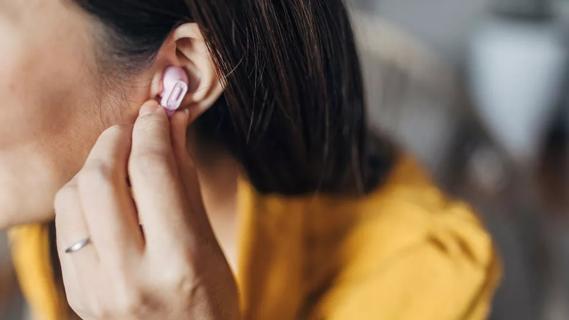
Care for your ears by steering clear of cotton swabs, taking precautions in loud settings and seeking medical help when needed
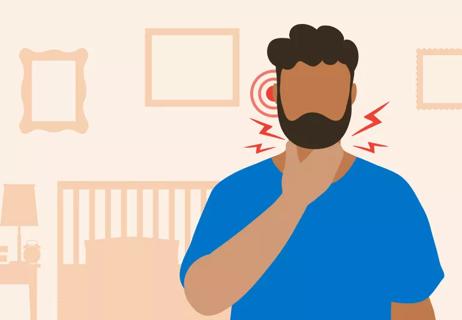
Throat and ear pain that lasts more than four weeks deserves serious attention
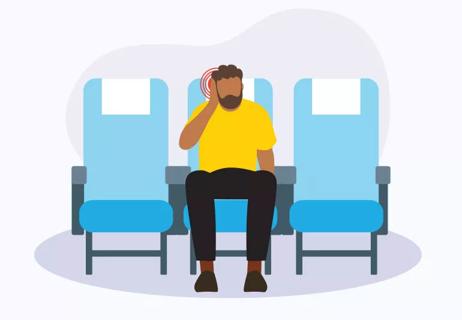
There are a few safe ways to relieve this uncomfortable pressure
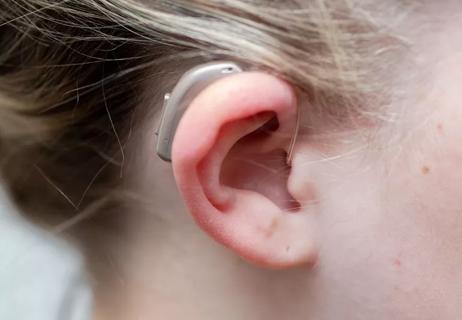
Hearing aid technology has vastly improved over the last several years
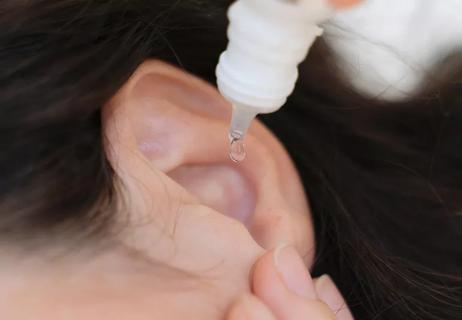
How to find a fix for the itch

Noise-induced hearing loss is 100% preventable
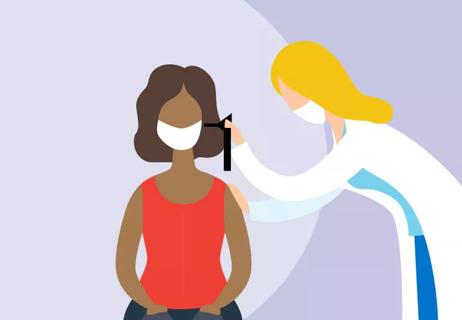
Understand the symptoms and find relief

Focus on your body’s metabolic set point by eating healthy foods, making exercise a part of your routine and reducing stress

PFAS chemicals may make life easier — but they aren’t always so easy on the human body

While there’s little risk in trying this hair care treatment, there isn’t much science to back up the claims